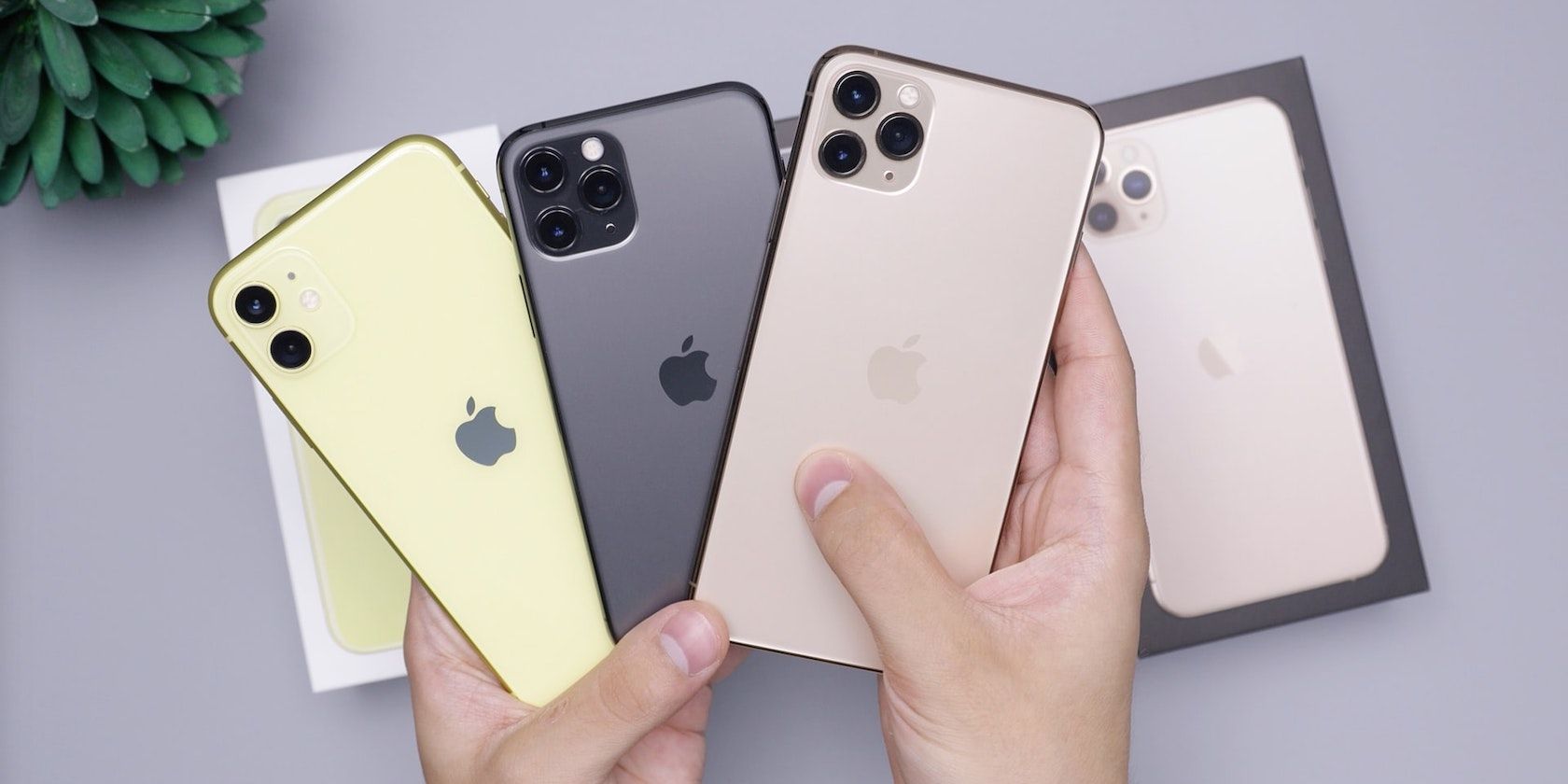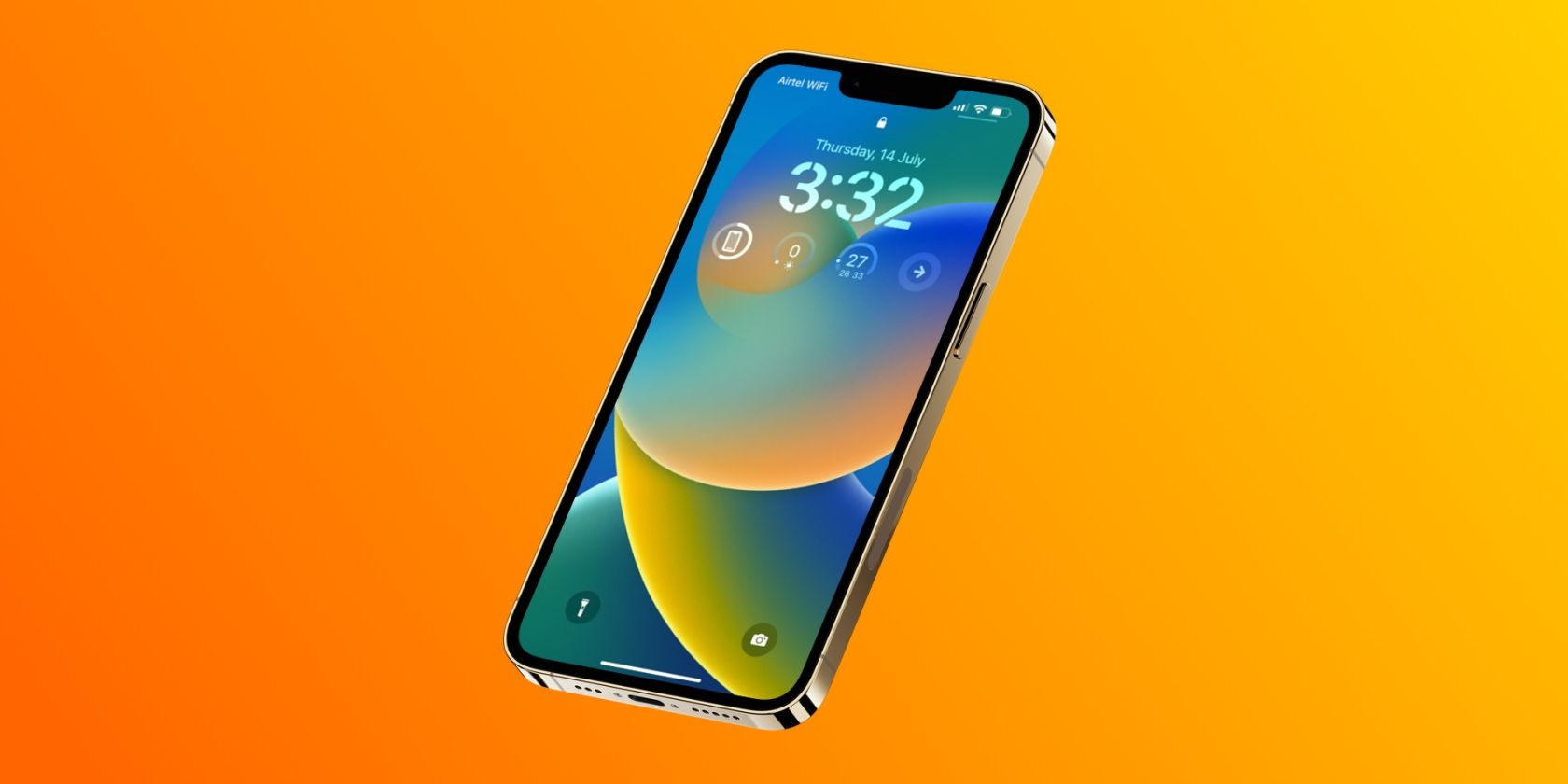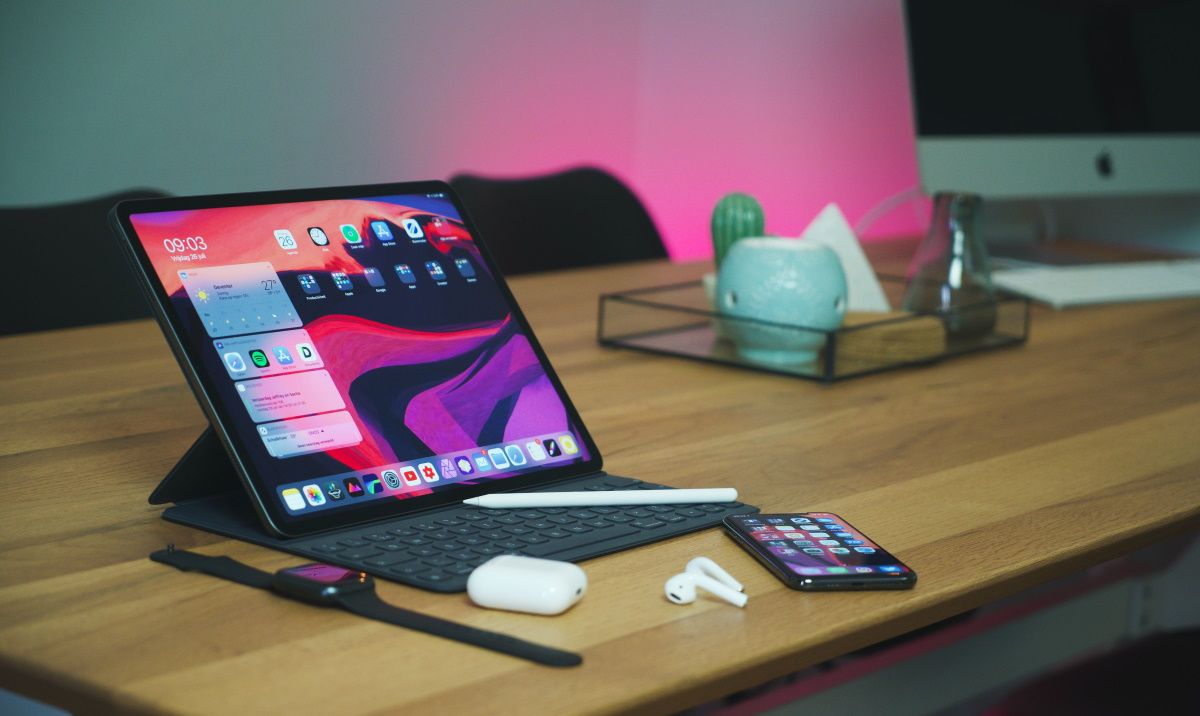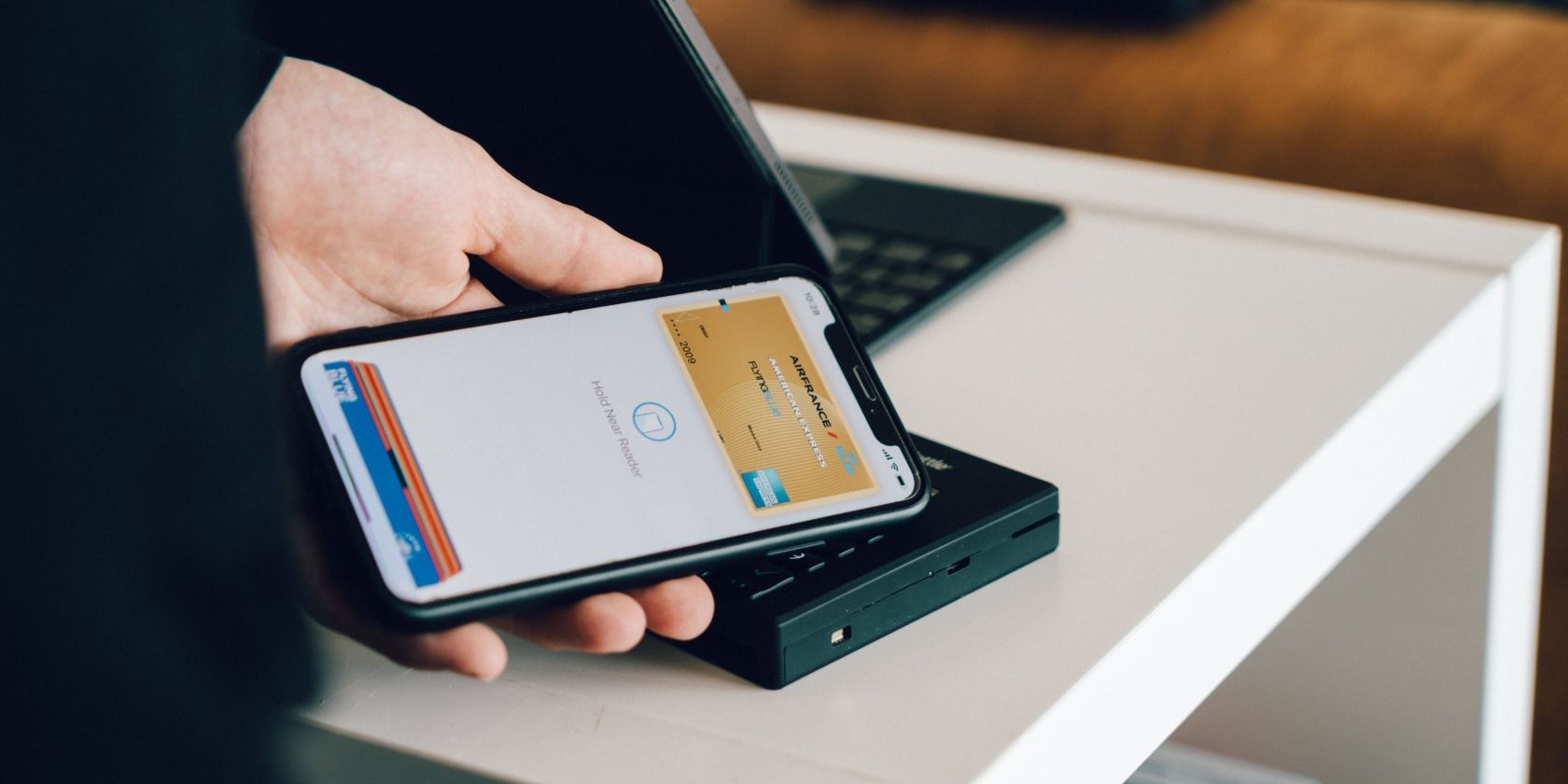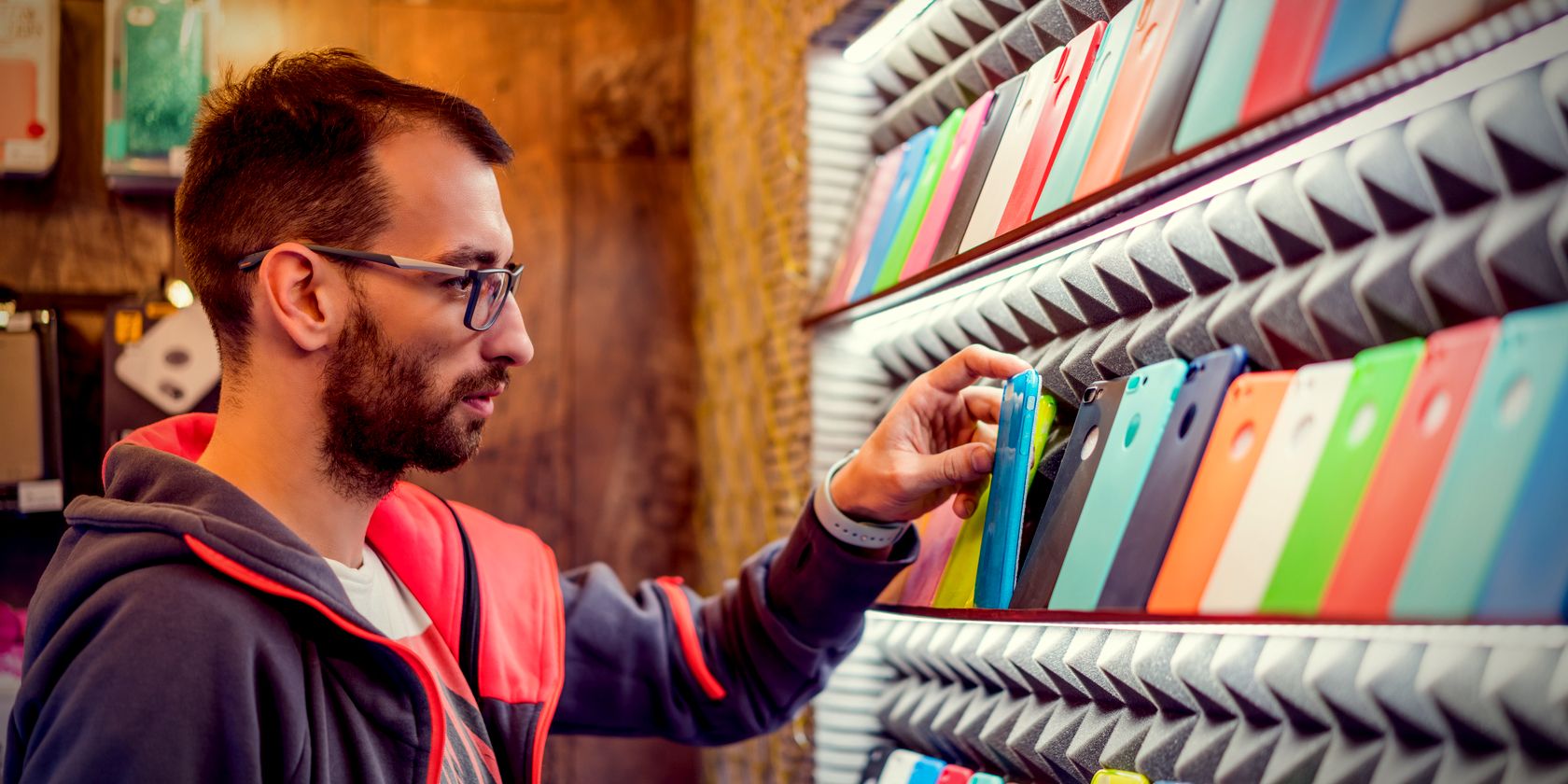Nothing sparks debates in the tech community faster than saying iPhones are better than Android devices or vice versa. Android users often argue that iPhone users only care about branding. On the other hand, iOS fans believe Android devices have unnecessarily complex, impractical features.
However, shopping for smartphones should go beyond opinions. Although both have their bad and good points, there are several areas wherein one operating system outperforms the other.
So, if you've been leaning toward buying a new iPhone, we've rounded up all the ways that iOS is better than Android to help you make an informed decision.
1. Retains Market Value
The latest iPhone models typically cost at least 10% more than top-of-the-line releases from Android brands like Samsung or LG. However, they usually retain their market value longer. All smartphones depreciate after a year or two, but Apple products frequently end up with resale prices closer to their original retail value.
For instance, let's compare the Samsung Galaxy S22 Ultra with the iPhone 13 Pro Max. Apple released the iPhone 13 Pro Max in September 2021, retailing for $1,199 for the 256GB model. As of September 2023, you can get a used model for around $800 on eBay.
On the other hand, the S22 Ultra hit the market in February 2022, also retailing for $1,199. However, its resale value has already dropped to around $600 on eBay. This is partly because of the iPhone's brand value but mostly because Apple doesn't do discounts and keeps its prices steady.
2. Fewer Security Risks
iOS devices have the upper hand when it comes to cybersecurity. iPhones have tighter security than Android, thanks to the exclusive Apple App Store, closed ecosystem, and prompt updates. These make iOS devices challenging to infiltrate.
Also, an iPhone is extremely unlikely to be infected with a virus. Most iOS devices with compromised security systems were either jailbroken or rigged by unauthorized technicians.
That said, Google's cybersecurity measures are nothing to scoff at. However, frequently customizing Android devices leaves them prone to several security threats.
3. Extremely User-Friendly Interface
Android features an open platform that accommodates full-on customization. You'll have total control over your smartphone's settings, and you can use the broad scope of apps on Google Play to execute them.
However, this level of customization also creates a steep learning curve. You'll need some technical proficiency and customization experience to utilize Android's platform, which not all smartphone users have.
On the contrary, iOS devices have a straightforward, user-friendly interface. They come with various pre-installed, out-of-the-box features, so you can start using them right from the get-go. You wouldn't need much time to learn an iOS interface.
4. Superior Phone Protection Plans
The AppleCare+ warranty plan comes at a steep premium. Alternatives like Asurion, SquareTrade, and Samsung Care+ offer relatively cheaper phone protection plans.
However, none of them compare to Apple's streamlined, hassle-free services. Instead of spending hours on the customer service line, you can simply visit your local Apple Store for repair quotes and estimates.
Also, claims are a breeze. Most of the time, you can consult an in-store Apple employee and walk out with a brand-new or newly repaired device in an hour or two.
5. Seamlessly Integrated Apple Ecosystem
Admittedly, Google has made some progress in integrating Android devices into its ecosystem. However, creating a streamlined, interconnected ecosystem using non-iOS gadgets typically requires third-party apps and platforms.
Alternatively, Apple's in-house features tie together its closed, integrated ecosystem. You can use services like iMessage, Apple Pay, FaceTime, and iCloud across all your Apple devices, thus enabling whole-system integration.
For some people, this alone makes it worth switching from Android to iPhone. Deep integration with the Apple ecosystem is a big reason why iPhones keep winning against Android devices.
6. Easy to Spot Fakes
If you intend to buy a secondhand smartphone, learn to verify authenticity. Scammers have been selling counterfeit devices for decades now. Moreover, the Android knockoffs circulating in the market look almost identical to their original counterparts. You'll need to watch out for super-minute details.
Fortunately, verifying the legitimacy of a secondhand iPhone is significantly easier. iOS devices have an exclusive interface, so you can easily spot fakes since they likely wouldn't have features like Siri, iCloud, or even the App Store.
Also, each device comes with a unique serial number. Go to Settings > General > About, then scroll down to the Serial Number section in the middle portion of the page.
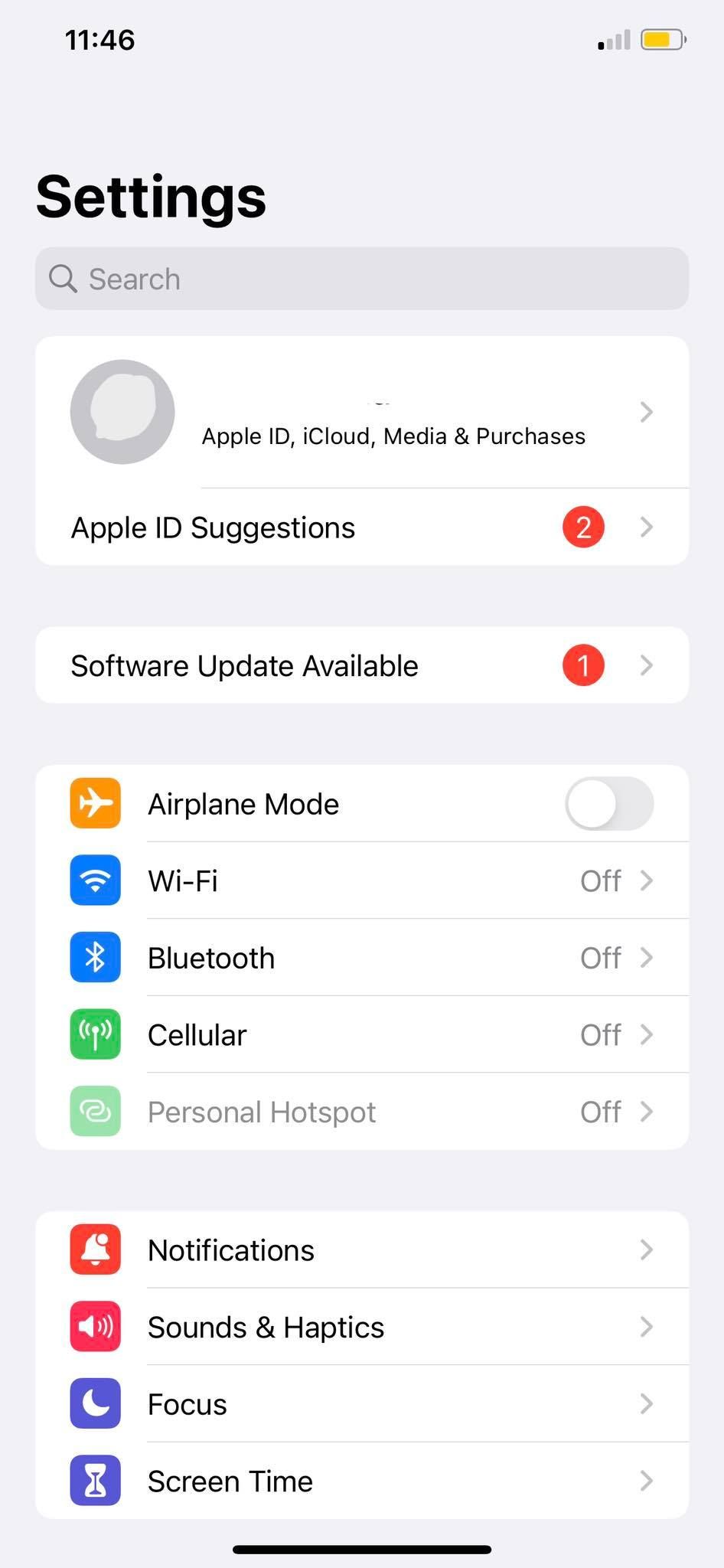
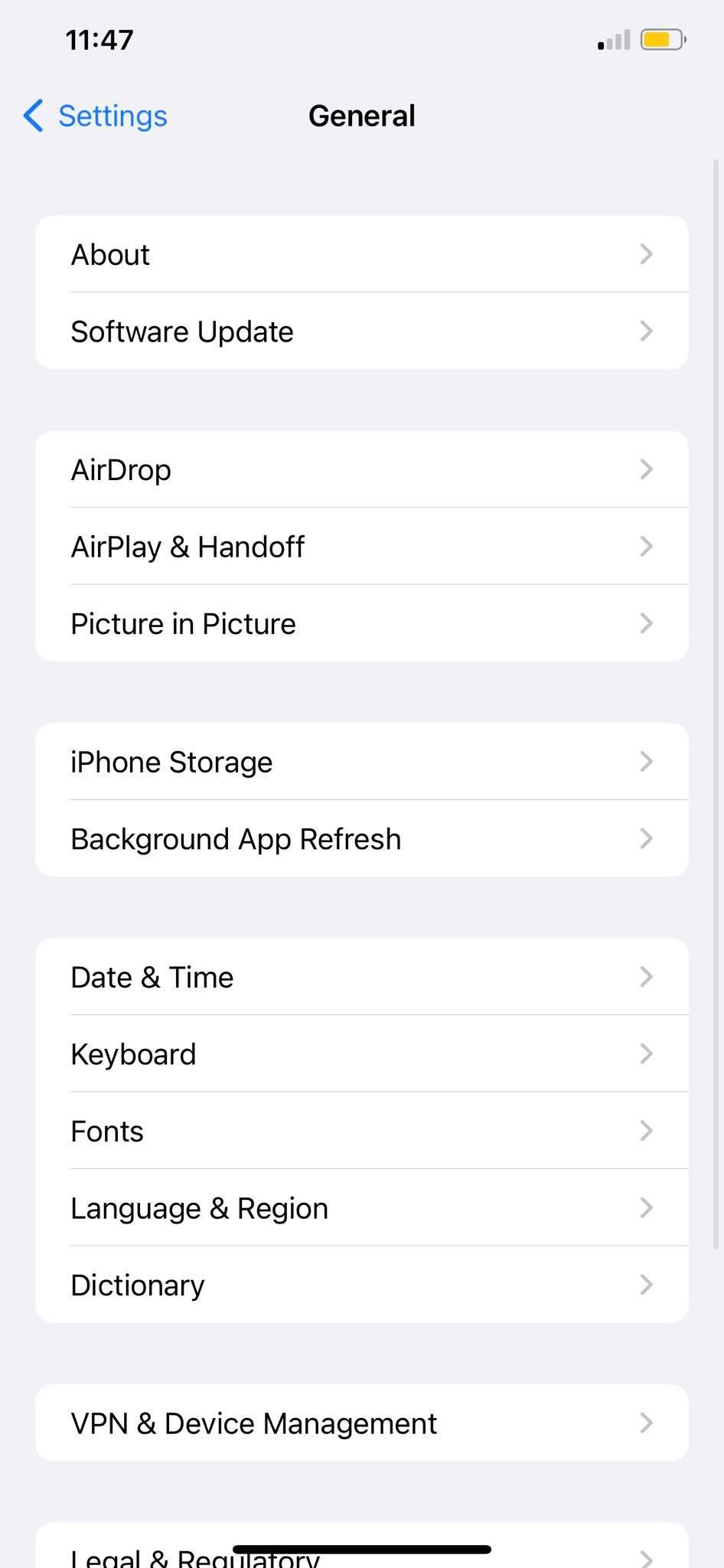
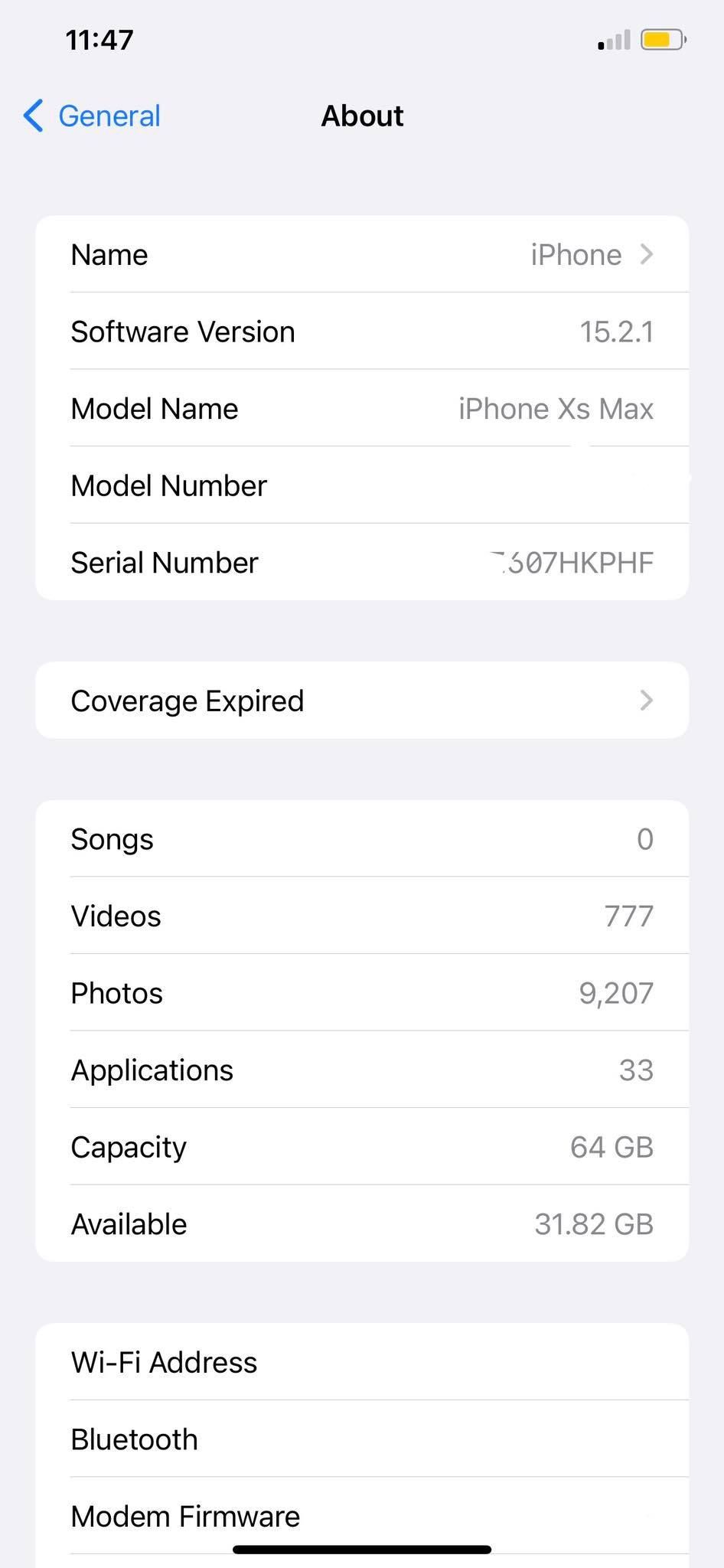
Next, copy and paste it into Apple's service and coverage page. You'll see the device's valid purchase date, telephone technical support expiration, and warranty coverage if the serial number is legit.
7. Functional Camera and Natural-Looking Photos
Based on the camera specs alone, you'll see that many Android devices outperform the latest iPhone models. Of course, iPhones produce crystal-clear images. However, top Android brands like Samsung equip their devices with higher-quality cameras.
For instance, let's compare the Samsung Galaxy S23 Ultra and iPhone 14 Pro Max. The Galaxy S23 Ultra features a whopping 200MP camera with 8K/30FPS video-recording capabilities. Meanwhile, the iPhone 14 Pro Max has a 48MP camera that can only shoot up to 4K/60FPS.
Despite the difference in specs, many still prefer the iPhone's camera. Why? Because it's more functional and produces realistic, natural-looking images. Let's face it—few people today shoot in 4K, let alone 8K. You wouldn't benefit from a high-performance camera like Galaxy S23 Ultra's if you only plan on using it to take pictures and videos for social media.
8. Prompt Updates
Apple makes its software updates available across all supported devices—models released no later than eight years ago. Meanwhile, Android devices typically receive updates weeks or months after Google releases the latest version of Android.
This is because Android manufacturers often apply their own software overlays (like Samsung's One UI), so they need time to optimize every new update.
Even global leaders like Samsung sometimes fail to release prompt updates. Google only provides direct OS updates to its own smartphones, such as the Pixel 7 and Pixel 7 Pro.
9. Apple Pay Is Simpler to Use
Apple Pay ranks among the best platforms for contactless payments. You can quickly integrate and access it from your other Apple devices, such as the Apple Watch, iPad, and MacBook.
Options like Google Pay and PayPal also offer noteworthy features. However, their interfaces are a bit more challenging, plus they don't come pre-installed on Android devices.
Also, Apple Pay is widely used, at least in the United States. The Apple Pay homepage states that more than 85% of retail shops, grocery stores, taxis, and vending machines in the US accept Apple Pay.
10. Third-Party Apps Are Better Optimized for iPhones
Third-party apps and games are almost always better optimized for iPhones than Android phones. This is because Apple releases far fewer iPhone models in a year, whereas Android manufacturers launch dozens of new devices in the same amount of time.
For developers, it's much easier to optimize their apps for, say, four new iPhone models than hundreds of different Android phone models from numerous brands (all of which have their own custom Android skin).
Due to this, developers have no choice but to make a sloppy one-size-fits-all Android version of their app. This is why social media apps and games, for instance, look and work better on iPhones than Samsung Galaxy phones or any other Android phone, for that matter.
11. Easy to Find High-Quality Accessories
Because Android manufacturers collectively release so many new models each year, third-party companies find it difficult to make accessories for each one. You'll often find that only phones from popular Android brands like Samsung, Google, and Xiaomi have high-quality accessories available on the market.
So, if you own a phone from a lesser-known brand, you might not find the accessory you're looking for. In comparison, it's super easy to find high-quality accessories for iPhones, no matter which model you want it for, even older ones.
That's not just because iPhones are popular and easy to keep track of but also because of Apple's MFi certification for iPhone accessories, which allows manufacturers to access licensed technology and hardware-related specifications directly from the company.
Choose a Smartphone That Suits Your Needs
Should you go with an Android device or an iPhone? Get a new iPhone if you want a user-friendly, straightforward device requiring minimal tech knowledge. You'll find Apple's ecosystem convenient.
However, you might want to consider devices running on Android operating systems if you want a more customizable, open platform. Don't forget that you can choose from dozens of Android brands.
Overall, don't limit your choices. Assess how you would benefit from an iOS or Android smartphone based on your lifestyle, technological proficiency, and device preferences.

